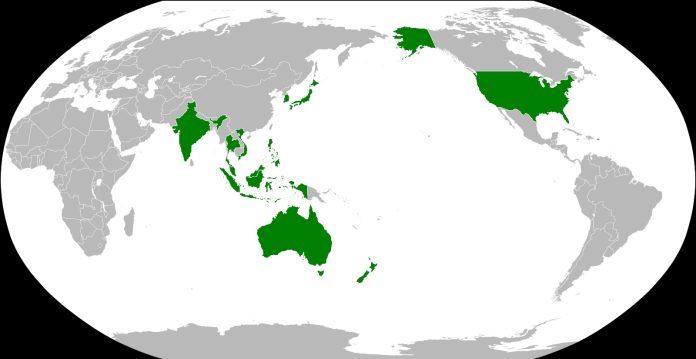New Delhi, Nov 17: The IPEF member countries, including India and the US, have concluded negotiations on the fair economy agreement to strengthen the implementation of effective anti-corruption and tax measures to boost commerce, trade and investments, an official statement said on Friday.
It was announced after the third Indo-Pacific Economic Framework for Prosperity (IPEF) ministerial meeting held in San Francisco, California, on November 14.
Commerce and Industry Minister Piyush Goyal participated in the meeting.
Enhancing information sharing among partner countries, facilitating asset recovery and strengthening cross-border investigations and prosecutions are the key benefits, which would emerge from the agreement.
“Under the Fair Economy, IPEF partners aim to strengthen implementation of effective anti-corruption and tax measures to boost commerce, trade, and investment among IPEF economies,” the statement said.
Goyal said this will strengthen the joint resolve to fight against corruption, money laundering and terror financing.
“At this ministerial meeting, negotiations under the IPEF Pillar-III (Clean Economy), Pillar IV (Fair Economy) and the Agreement on the Indo-Pacific Economic Framework for Prosperity (which seeks to establish a ministerial-level council and a commission) were substantially concluded,” the commerce ministry said.
Under the Clean Economy agreement, the 14 IPEF member countries are aiming to advance cooperation on research, development, commercialisation, availability, accessibility, and deployment of clean energy and climate-friendly technologies, and facilitate investment towards climate-related projects in the region, it added.
During his intervention under this pillar, Goyal emphasised the need for increased collaboration among partners on research and development of innovative and affordable climate-friendly technologies.
He also stressed the need to prioritise the implementation of cooperative work programmes envisaged under this pillar, including the hydrogen supply chain initiative and other proposals in the pipeline like India’s proposal for biofuels and e-waste recycling.
IPEF was launched jointly by the US and other partner countries of the Indo-Pacific region on May 23 last year in Tokyo. Together, they account for 40 per cent of the world’s economic output and 28 per cent of trade.
The framework is structured around four pillars relating to trade, supply chains, clean economy and fair economy (issues such as tax and anti-corruption). India has joined all the pillars except the trade.
Australia, Brunei Darussalam, Fiji, India, Indonesia, Japan, the Republic of Korea, Malaysia, New Zealand, Philippines, Singapore, Thailand, the US and Vietnam are members of the bloc.
The member countries will now undertake the necessary steps, including further domestic consultations and a legal review, to prepare the final texts of the agreements.
Once finalised, the proposed agreements will be subject to IPEF partners’ domestic processes for signature, followed by ratification, acceptance, or approval. (PTI)


